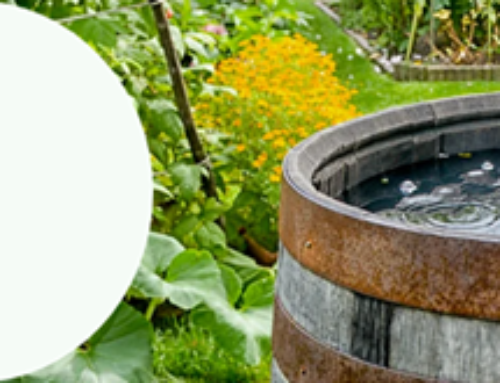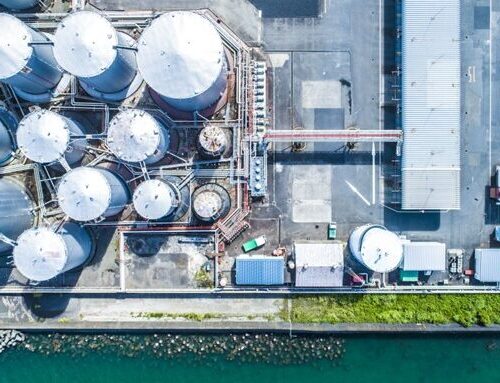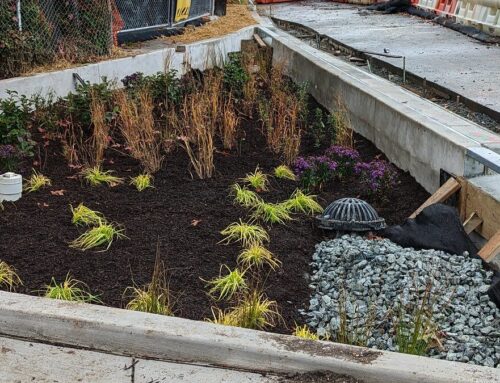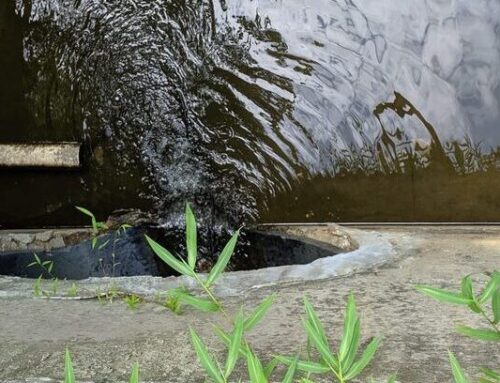Urban trees impact the hydrologic cycle by capturing runoff in the canopy, drawing water from the soil, and adding organic matter to the soil to increase infiltration. These processes collectively contribute to the ability of urban trees to reduce the amount of rainfall that contributes to stormwater runoff. Increasingly municipal stormwater programs allow site developers to earn stormwater management “credit” for preserving or planting trees on development sites. Modeling tools such as i-Tree Hydro and the Center’s urban tree credit calculators have helped to improve how we quantify the effects of urban trees on stormwater runoff. The Center was awarded a grant from the Chesapeake Bay Trust to further advance this research. The Center teamed with researchers at the University of Maryland and the University of British Columbia to 1) evaluate whether more complex urban forest types have a greater potential to reduce urban runoff and 2) evaluate how trees can be grouped into distinct “typologies” based on information such as tree height, species, and surrounding land cover.
The runoff reduction potential of urban trees was evaluated by monitoring trees in different settings, ranging from individual trees to closed canopy for three years. Measurements of transpiration (sap flow), rainfall, and soil moisture were combined with soil infiltration models to quantify how much runoff resulted, and how each part of the hydrologic cycle was impacted in each setting. As a companion to this monitoring and modeling study, the University of British Columbia tested the potential for developing a tree typology in an urban setting using available LiDAR data from Montgomery County, MD. This research provides the foundation to better model and credit the benefits of urban trees in different settings, and to manage trees in the urban landscape using available GIS data. Ultimately, the goal is to provide tools to urban stormwater managers who need to devote resources to both preserve and enhance a large inventory of urban trees.
Visit this link to read the final project report:
Using a novel research framework to assess water quality impacts of urban trees
For more information about this project, contact Deb Caraco at dsc@cwp.org






